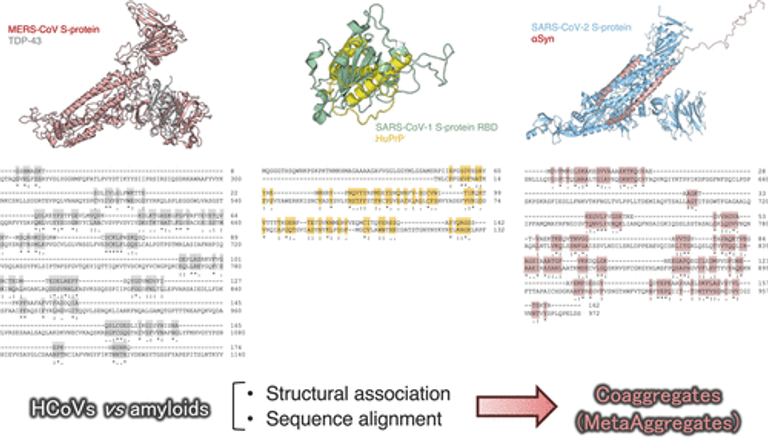ABSTRACT
Human coronaviruses (HCoVs) include seven species: HCoV-229E, HCoV-NL63, HCoV-OC43, HCoV-HKU1, MERS-CoV, SARS-CoV-1, and SARS-CoV-2. The last three, classified as Betacoronaviruses, are highly transmissible and have caused severe pandemics. HCoV infections primarily affect the respiratory system, leading to symptoms such as dry cough, fever, and breath shortness, which can progress to acute respiratory failure and death. Beyond respiratory effects, increasing evidence links HCoVs to neurological dysfunction. However, distinguishing direct neural complications from preexisting disorders, particularly in the elderly, remains challenging. This study examines the association between HCoVs and neurodegenerative diseases like Alzheimer disease, Parkinson disease, Lewy body dementia, amyotrophic lateral sclerosis, and Creutzfeldt-Jakob disease. It also presents the long-term neurological effects of HCoV infections and their differential impact across age groups and sexes. A key aspect of this study is the investigation of the sequence and structural similarities between amyloidogenic and HCoV spike proteins, which can provide insights into potential neuropathomechanisms.
